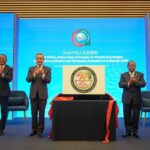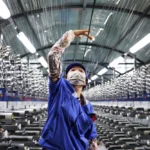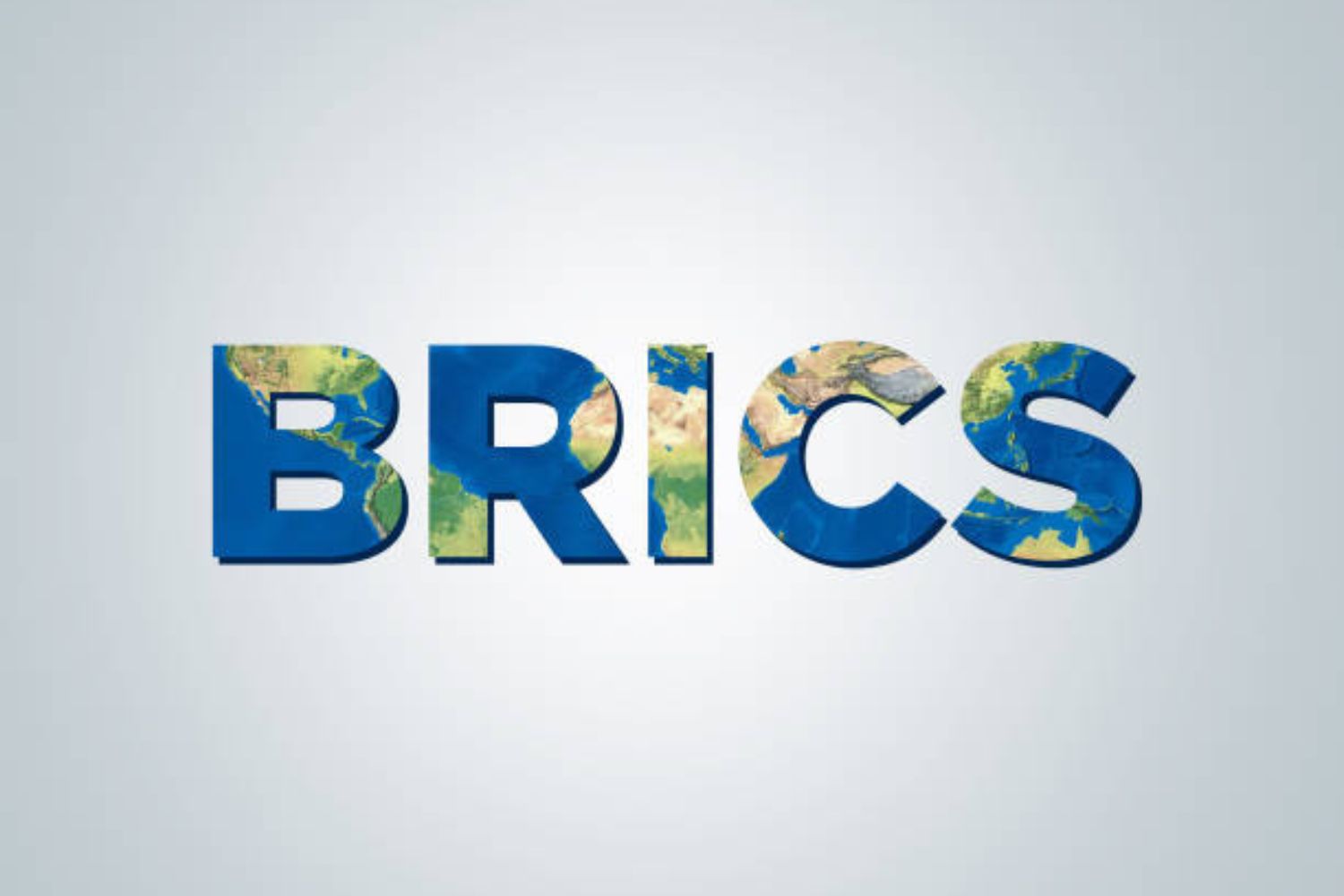In recent years, the exploration of the connection between the microbiome – the vast community of microorganisms residing in our bodies – and neurological health has gained traction among researchers. In Hong Kong, a pioneering team of scientists is at the forefront of this research, aiming to develop innovative treatments for conditions such as autism and dementia by harnessing the unique properties of beneficial bacteria found in insects.
The Microbiome and Neurological Health
The human microbiome plays a crucial role in various aspects of health, including digestion, immune function, and even mental health. Emerging evidence suggests that imbalances in the microbiome may contribute to neurological disorders, leading researchers to investigate how altering gut bacteria could influence brain function and behavior.
Insect microbiomes, particularly those of beetles, ants, and termites, have been largely overlooked until recently. These insects possess unique bacteria that may have evolved specialized functions, including the production of bioactive compounds with potential therapeutic effects. Researchers in Hong Kong are now examining whether these microbial communities can be leveraged to create new drugs for autism and dementia.
The Research Initiative
Led by a team from the Hong Kong University of Science and Technology (HKUST), the research initiative focuses on isolating and characterizing beneficial bacteria from various insect species. The researchers aim to identify specific strains that exhibit properties capable of influencing neurological health. The process involves several key steps:
1. Isolation of Bacteria:
The team collects samples from different insect species and isolates the bacteria present in their gut. This involves sophisticated culturing techniques to grow and identify the microbial communities.
2. Characterization of Bioactive Compounds:
Once isolated, the researchers analyze the bacteria for bioactive compounds that may have therapeutic effects. This includes screening for substances that can modulate neurotransmitter levels, reduce inflammation or promote neuroprotection.
3. Preclinical Testing:
Promising bacterial strains and their bioactive compounds are subjected to preclinical testing in animal models. Researchers evaluate their effects on behavior, cognitive function and neurological markers associated with autism and dementia.
4. Development of Probiotic Therapies:
If successful in preclinical trials, the next step would involve developing probiotic formulations that can be administered to patients. These formulations would aim to restore balance to the microbiome and, in turn, alleviate symptoms of neurological disorders.
Potential Benefits and Implications
The potential benefits of this research are significant. By utilizing the unique properties of insect-derived bacteria, researchers hope to create novel therapies that address the underlying causes of autism and dementia, rather than merely managing symptoms. This approach could lead to more effective and targeted treatments, providing hope for patients and their families.
Also, the use of insect microbiomes represents a sustainable and innovative avenue for drug discovery. Insects are abundant and can be cultivated with minimal environmental impact, making them a viable source for biopharmaceutical development.
Challenges Ahead
While the prospects are promising, the research is still in its early stages, and several challenges remain. The complexity of the human microbiome, individual variations in gut bacteria, and the intricacies of neurological disorders pose significant hurdles. Additionally, regulatory approvals for new therapies can be lengthy and complex.
The innovative work being conducted by researchers in Hong Kong to turn bugs into drugs highlights the exciting intersection of microbiome research and neurology. By exploring the therapeutic potential of insect-derived bacteria, scientists are paving the way for new treatments for autism and dementia that could transform the landscape of neurological healthcare. As this research progresses, it may not only provide valuable insights into the role of the microbiome in brain health but also offer hope for those affected by these challenging conditions.
ALSO READ: Chinese scientists develop promising hydrogel treatment for early-stage osteoarthritis













